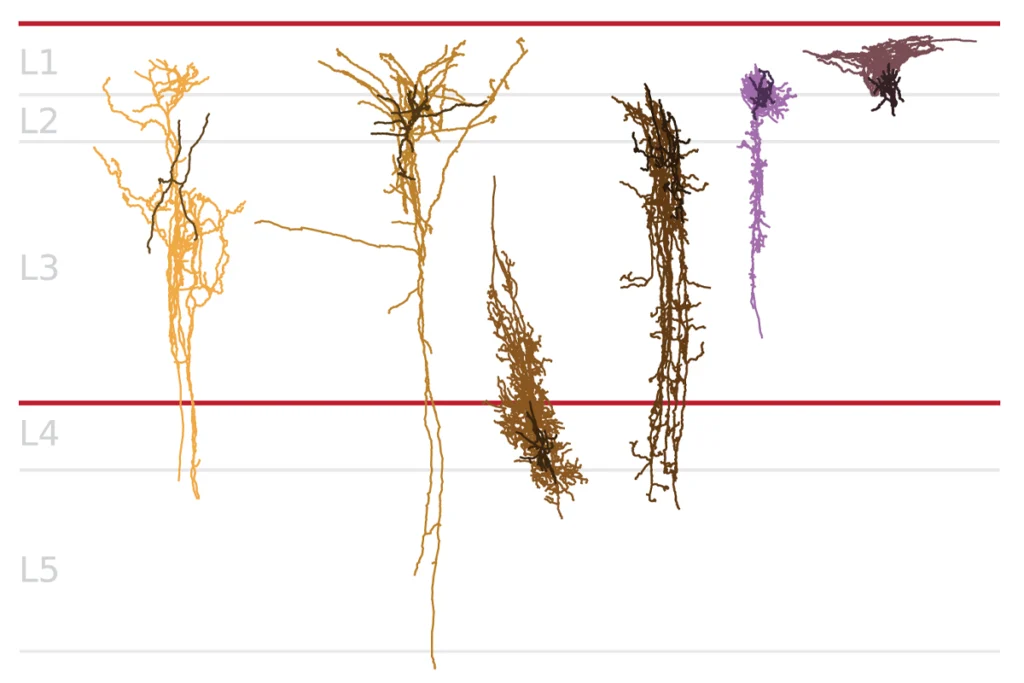Dr. Kaiser is an Associate Research Scientist in the Yale Child Study Center. She earned her doctoral degree in Experimental Psychology at Rutgers University and completed her postdoctoral training in the Child Neuroscience Laboratory at the Yale Child Study Center. Her past work has examined individual differences in the visual perception of biological motion and faces in a variety of populations including children and adults with and without autism as well as individuals with acquired prosopagnosia. In addition, Dr. Kaiser helped to develop and implement a research informed intervention for young children with autism. Her current research is focused on understanding typical and atypical development of brain mechanisms for multimodal social perception and social cognition. Dr. Kaiser is examining these issues using fMRI, fNIRS, eye-tracking and behavioral methods.
Martha Kaiser
Associate Research Scientist
Yale University
Explore more from The Transmitter
Karen Adolph explains how we develop our ability to move through the world
How do babies' bodies and their environment teach them to move—and how can robots benefit from these insights?

Karen Adolph explains how we develop our ability to move through the world
How do babies' bodies and their environment teach them to move—and how can robots benefit from these insights?
Microglia’s pruning function called into question
Scientists are divided over the extent to which the cells sculpt circuits during development.

Microglia’s pruning function called into question
Scientists are divided over the extent to which the cells sculpt circuits during development.
Early trajectory of Alzheimer’s tracked in single-cell brain atlases
Inflammation in glia and the loss of certain inhibitory cells may kick off a disease cascade decades before diagnosis.

Early trajectory of Alzheimer’s tracked in single-cell brain atlases
Inflammation in glia and the loss of certain inhibitory cells may kick off a disease cascade decades before diagnosis.